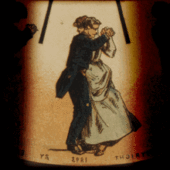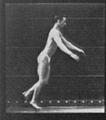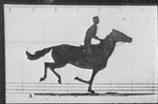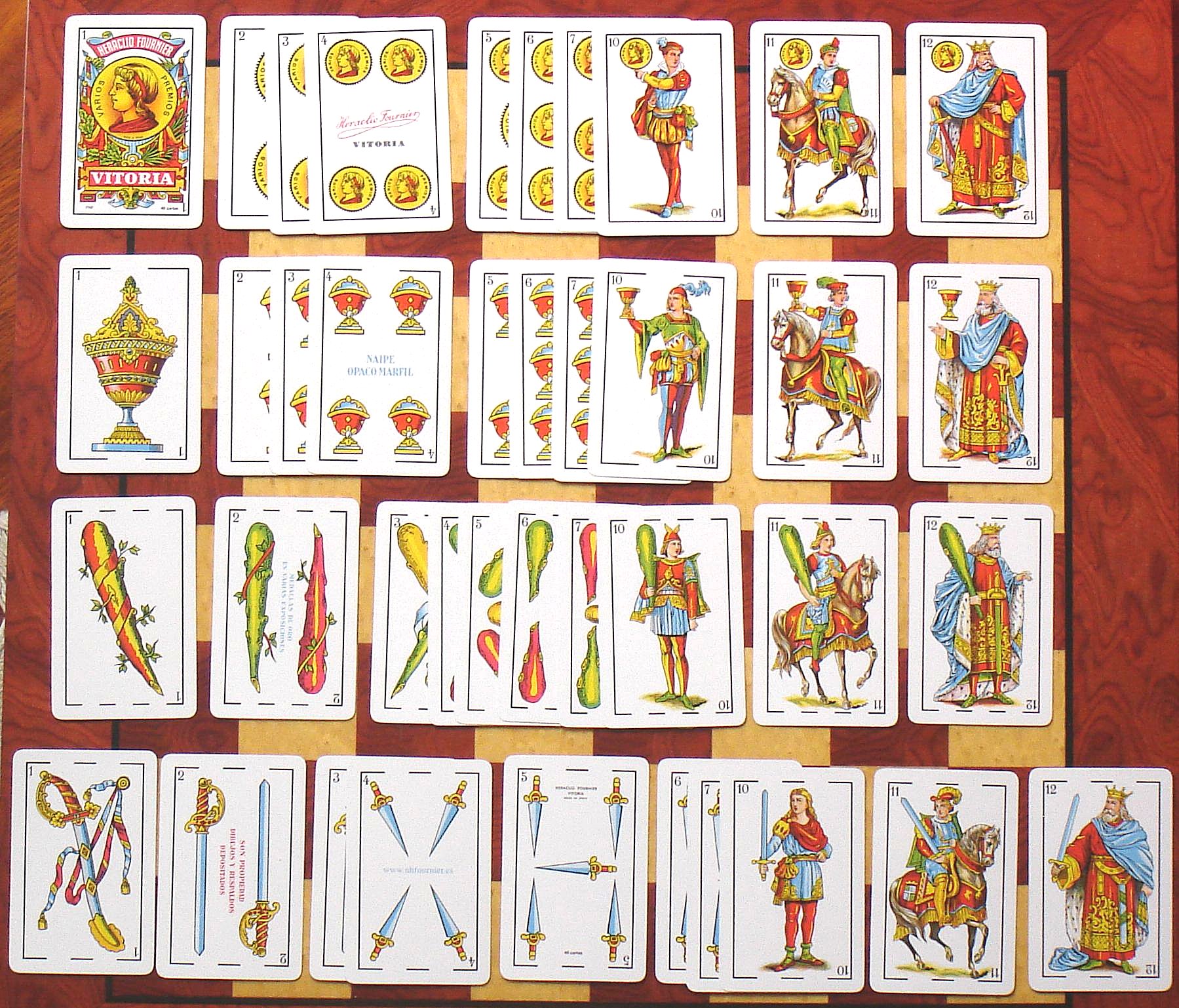For young children, this might seem obvious. It's not about color, so that might be another way to look at what youngest children look at first.
The video is new at youtube, and the comments there include "the converse has laces and the rest of them don't!"
Many answers that seemed obvious to us in childhood look different in the light of years and experience. The uniqueness of any object, person, idea, plant or animal can be discussed, as can similarities to other things.
All of that reminded me of the game "SET." It's a game that seems easier for younger children than adults. When I play it, I think in words. Maybe people who are more visual will find it simpler.
In everyday comparison and contrast, there are many other factors past verbal, logical, size or color. Which of those shoes were made in the U.S.? Which fit? Which are stylish? How hot is it outside? Ah. but the question isn't about which shoes someone might want to wear. Shoe stores are about which shoes people want to wear!
The video is a good example of multiple choice questions, and a good toy for playing with how we sort and choose, how we name things, and how we interpret what we see. And the song is nice. It reminds me of when Kirby was little, and he'll be 24 later this month.
Much of the comparison/contrast that comes up naturally at our house is about musical styles and forms and versions.
Holly and I saw a quilt at an antiques mall, and I said "Stained glass window!" but I was pointing at the glass case it was in, so Holly thought I was talking about the glass (which was clear).
Patterns, patterns, patterns...











